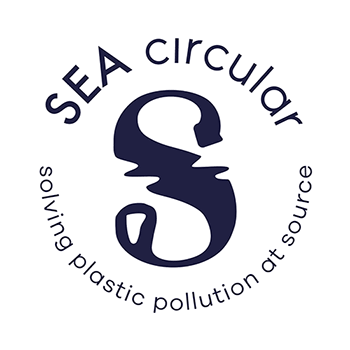
Approximately 51,000 tons of the uncollected and improperly disposed plastic waste in Thailand gets washed into the sea each year. Along Thailand’s 3219km coastline – rich in coastal and marine biodiversity – plastic pollution is impacting the beaches, coral zone and mangrove ecosystems.
Causes and challenges
Economic growth – bringing increasing production and consumption – is leading to higher waste generation. Plastic production in Thailand is growing at 2.9 percent annually and it’s increasing. Plastic packaging waste is a major component of the waste found on the beaches in Thailand.
Municipal Solid Waste (MSW) collection rates in Thailand vary significantly between urban and rural areas. Open dumpsites outnumber sanitary landfill, with open dumping the most commonly used method of MSW disposal. Just 0.5 million tonnes of the plastic waste can currently be reused, whilst the remaining 1.5 million tonnes, (80 percent of which are single-use plastic bags) accumulate in official dumping sites or elsewhere. The unmanaged plastic waste component of MSW during its collection, transportation and disposal gets leaked into the ocean.
Ways forward
Thailand has strongly committed to address marine litter and plastic pollution. There is a well established and emerging environmental regulatory framework in place, supported by strong acts, plans and regulations. A marine litter and plastic waste master plan is under preparation. Key players in the private sector are involved in circular economy initiatives, as well as supporting recycling and disposal of plastic MSW, industrial and hazardous waste. Civil society organizations have undertaken successful initiatives to address marine litter and plastic pollution. Clear indicators and targets have been identified to reduce single use plastic production, increase recycling rates, improve packaging options and increase consumer awareness.
Download the SEA circular Country Profile for Thailand for more information

